Similarities between the Chinese Communist Party’s (CCP) oppression of Tibet and East Turkistan (Xinjiang)
In both Tibet and East Turkistan, a systematic attack on identity; targeting language, religion and culture is taking place.
The spat of “Patriotic Education Campaign” waged on the Tibetans, especially the Tibetan monks and nuns decades ago, and which continues today is similar to the “religious and political education campaign” being conducted in East Turkistan.
As some might know, the current party secretary of East Turkistan previously held the same position in the so-called Tibet Autonomous Region (TAR).
During that period the number of security checkpoints and the local police force was exponentially increased along with state control over Buddhist monasteries and a dense surveillance network such as the grid system which was later replicated in East Turkistan.
Similarly, a law making ‘ethnic unity’ mandatory in East Turkistan, was also passed in the so-called TAR.
It’s a cause for concern that the vagueness of terms of law makes it a tool for justification in the persecution of the local ethnic minorities.
Hence, it appears that most of the surveillance systems and sinister policies implemented in Tibet have been exported to East Turkistan, and those implemented in East Turkistan have now been brought back to Tibet.
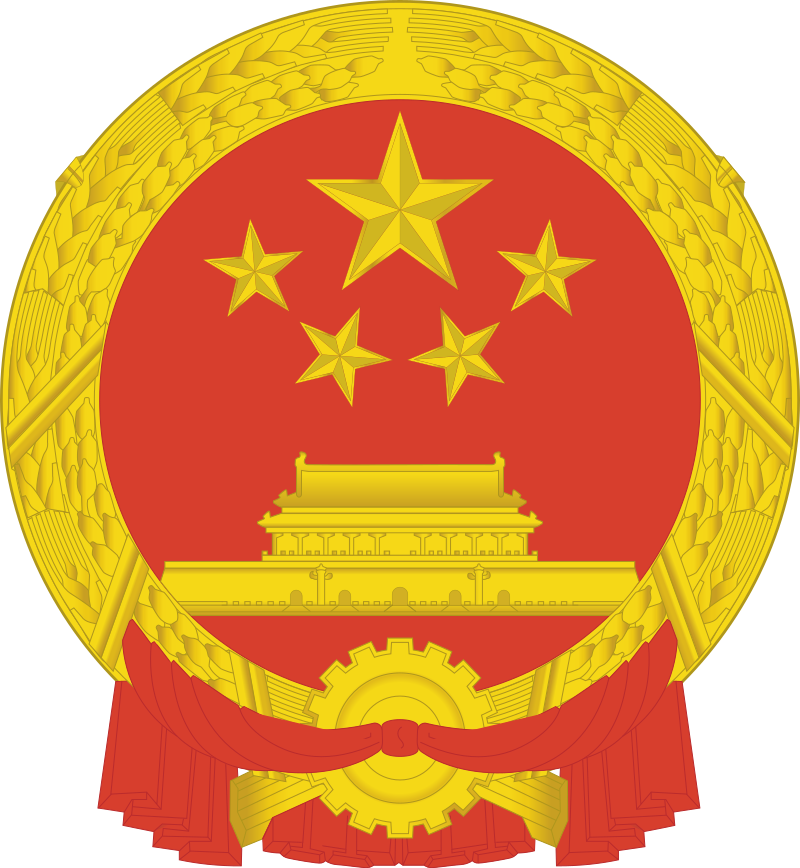
Like Tibet, the domestic security spending in East Turkistan (Chinese for Xinjiang) increases at an alarming rate.
Without even redressing the grievances of the Tibetan people, only a few months after Xi Jinping ascended to power in 2013, the security expenditure in Tibet skyrocketed.
All these increasing security-related expenditures, particularly in Tibet and East Turkistan validate the increasing repressive policies in the form of application of different surveillance systems.
So what happened in East Turkistan is happening in Tibet and what happened in Tibet is happening in East Turkistan.
Hence, what happened in East Turkestan and Tibet could happen anywhere.
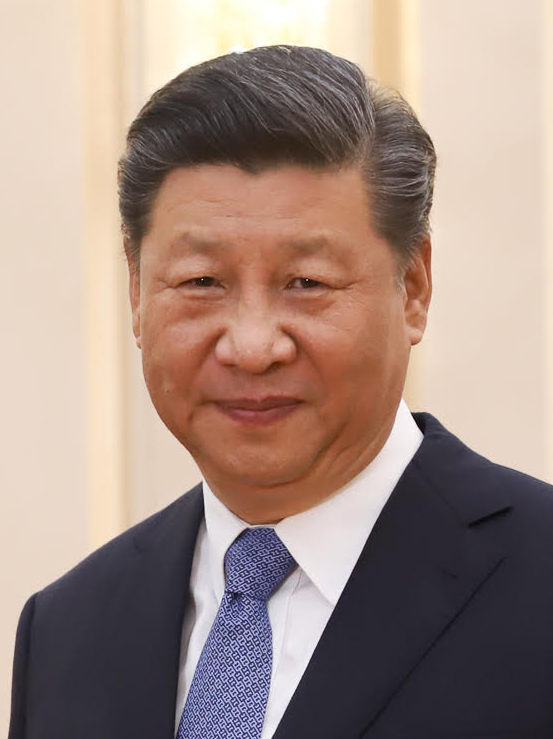
Imperialism of PRC- how much does Xi’s personality have to do with it?
Many observers strongly agree that Xi is the most powerful leader in China since Mao.
The inherent nature of the Chinese political system manifests Xi Jinping’s thought and more so after it has been endorsed, as part of the Chinese constitution.
China under Xi’s rule has been marked by significant development with the ascent of a greater economic leverage after becoming the world’s second largest economy.
And through its growing global influence and dominance, Xi intends to establish a China-centric regional network structure.
The political mechanisms spearheaded by Xi Jinping all display the contours of an imperialist People’s Republic of China (PRC).

For instance, there is clear evidences of imperialist behavior in Xi Jinping’s approach to various issues – both domestically and externally – since Xi has headed the CCP.
His efforts to Sinicize the so called ‘ethnic groups’ including Tibet, Southern Mongolia and East Turkistan through means of sheer oppression and enforcement reflects the reality that these regions will remain sources of insecurity for Xi’s consolidation of power.
Xi’s draconian rule over these regions is testament to a true imperialist, and an authoritarian regime.
Likewise, in some of his key foreign policy objectives, including the Belt and Road Initiative (BRI) the rhetoric of China Dream and Great Rejuvenation of the Chinese Nation and its Community of Shared Destiny, have all exuded imperialist appeal.
Specifically, Xi has launched an ambitious infrastructure project; the Belt and Road Initiative (BRI), also referred to as the New Silk Road that stretches from East Asia to Europe, and which significantly expands China’s economic and political influence.
BRI has now effectively become an instrument for asserting Chinese power and its ideals providing alternative for the prevailing western liberal order – manifesting the contours of imperialist nature.
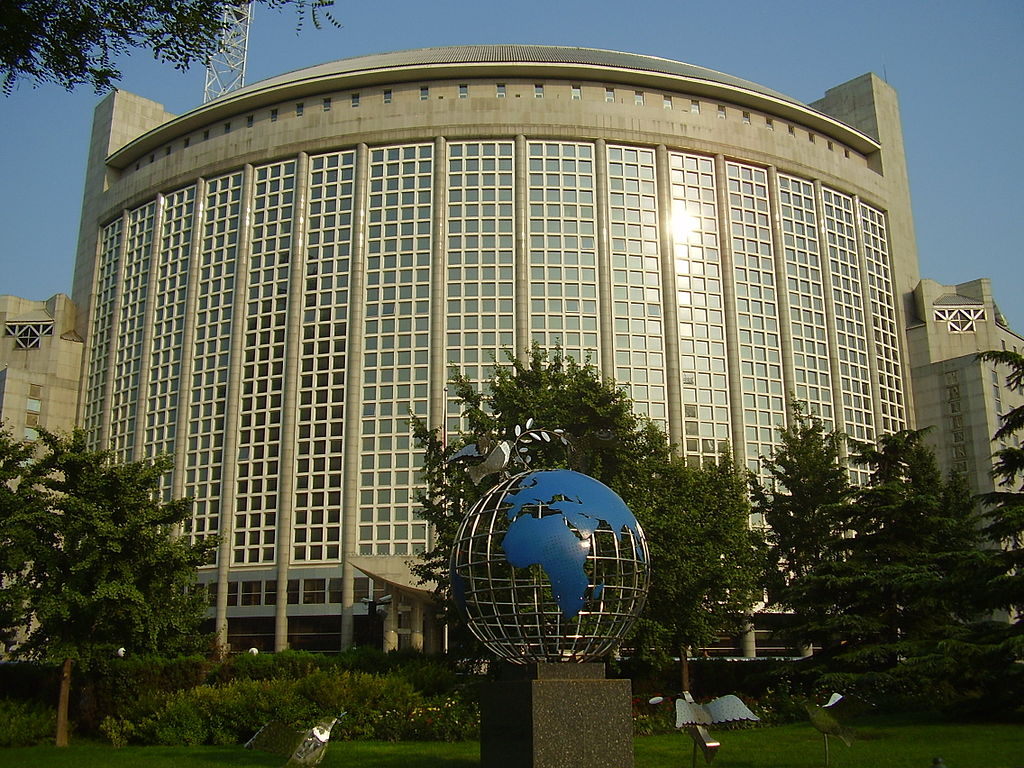
Similarly, Xi Jinping’s administration has also engaged in a concerted imperialist policy in terms of territorial expansion towards its neighboring states including India, Nepal, Bhutan, Mongolia, Myanmar and Tibet while there has also been a sustained increase in military presence in the South China Sea. China has been accused of both intrusions and its unlawful territorial claim in the South China Sea. These are increasingly viewed as advancing China’s interests, and one that represent the dawn of a new colonial power.
The Biden administration’s role
The whole world is moving through a critical period due to damage caused by the COVID-19 pandemic that originated in China.
Moreover, the international community perceives the Chinese threat in the form of China’s economic debt trap methods under the flagship of the Belt & Road Initiative, and Chinese health diplomacy during the period of pandemic reconciliation.

At this juncture, the US government has passed the landmark Tibetan Policy and Support Act 2020, which reaffirmed America’s commitment to the issues of human rights, religious freedom and autonomy.
The enactment of the Tibetan Policy and Support Act sent a message loud and clear that the US government will remain steadfast in its support for the rights and freedom of Tibetans and it will not shy away when it comes to tackling the threat of China’s rights abuses and violations on the global stage.
The state of the Tibetan struggle in Tibet itself
The Chinese government is rapidly intensifying the role of big data in maintaining Beijing’s technological grip over the Tibetan people, according to Claude Arpi, a long-time Tibet-Watcher and Tibetologist.
But over the last few years, the nets in the sky and traps on the ground have grown wider, tighter and more digitized, with the use of big data and artificial intelligence tools.
Starting from October 2011, CCP cadres have been stationed in every village and monastery in Tibet.
Starting in May 2012, new offices, known as grid unit offices, were established in towns to provide enhanced security management at the block level.
In May 2013, a network of local reporting systems known as the Advanced Double Linked Household system was set up throughout Tibet.
Due to these increasingly intrusive surveillance systems in Tibet, the region could boil over, just like a pot placed on high heat and tightly covered.
The “heat” in this metaphor is China’s attempt to forcefully assimilate, in this case, Tibetans in the name of state-building.
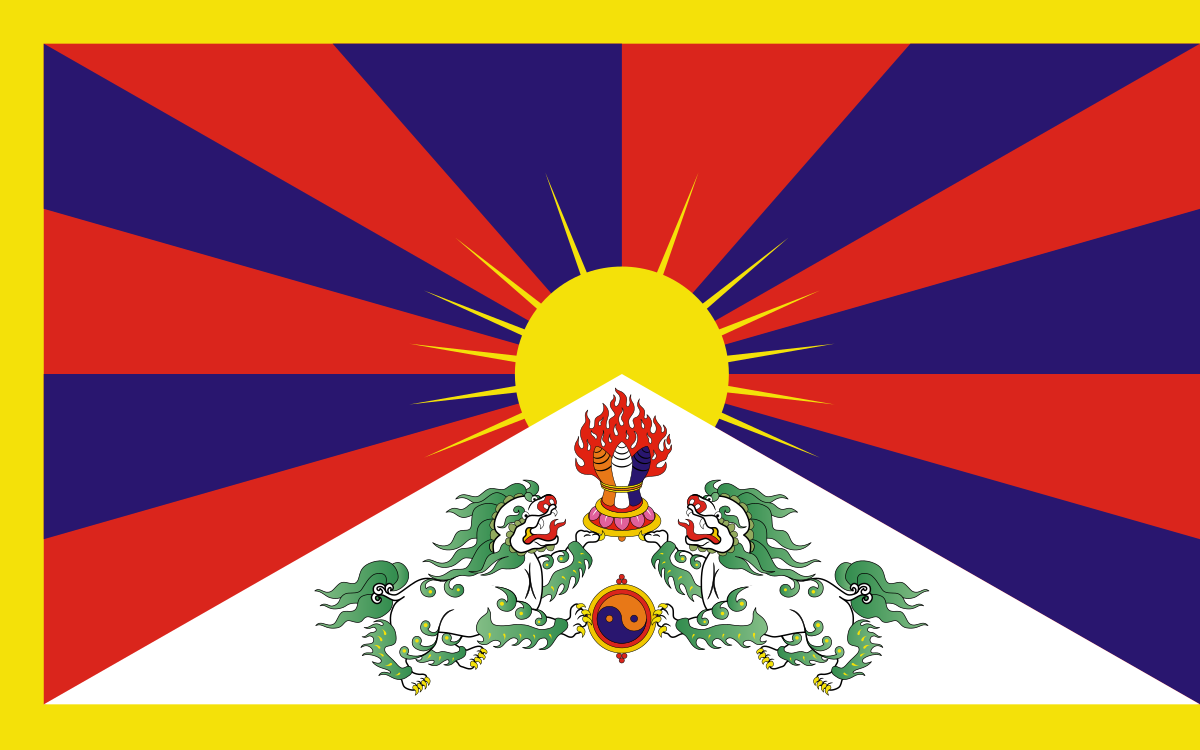
This forceful act will further create widespread resentment among the people of the repressed groups, who have already deep-rooted resentments.
And now, because of intrusive surveillance, minority groups cannot express their grievances openly, thus leading to a preference falsification (a theory developed by Timur Kuran, referring to the act of deliberately misrepresenting one’s genuine views and wants under perceived social pressures).
Tsering Woeser (a banned Tibetan writer and blogger living in Beijing) clearly elucidated the situation in Lhasa, the capital of Tibet in the following way:
In the heart of old Lhasa around the Jokhang Temple, one can often see armed police randomly stop monks or youths in Tibetan garb for interrogation and registration.
Ordinary Tibetans are on guard against each other, even their own relatives, fearing there may be police informants or spies among them.
The works of experts like Adrian Zenz and James Leibold also talks about the risks due to the increasing securitization in Xinjiang, which can be related to the situation in Tibet. They argue that one risk is that heavy-handed securitization exacerbates ethnic tensions.
The chief cause of the 2008 uprising in Tibet was insecurity about Tibetan identity.
China’s harsh crackdown and continuing repression have fuelled great resentment and insecurity among the Tibetans.
The insecurity dilemma has not finished its tragic run and it seems just a matter of time before the Tibetans once again rise in against the regime.
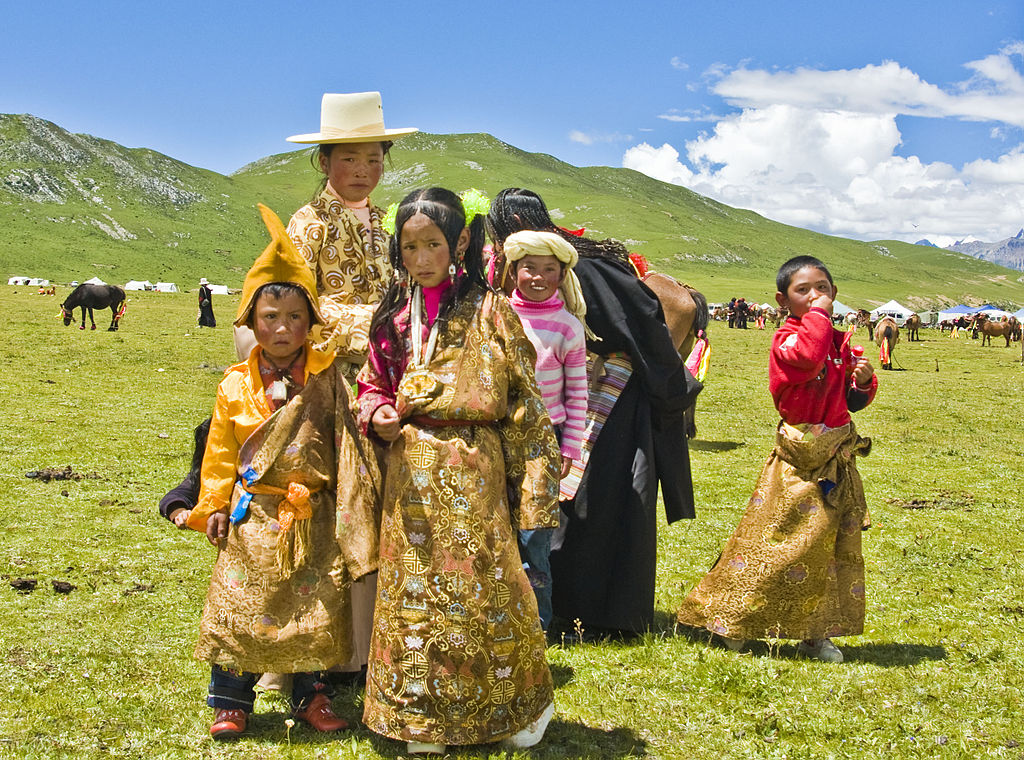
C: https://commons.wikimedia.org/wiki/User:Antoinetav
One thing that is clear is that the resentment among the Tibetan people may have reached its pinnacle because of the CCP’s ever-increasing restrictions on their religion and culture.
The recent implementation of military-style coercive labor program in the first seven months of 2020, the Tibet Autonomous Region has trained over half a million rural surplus laborers.
According to media reports published in October 2019, these camps encompass Tibetans of all ages, cover the entire region, and ares distinct from the coercive vocational training of secondary students and young adults.
In other words, the increasingly intrusive surveillance, leading to the infringement of one’s privacy, may become a cause for future unrest.
It now seems clear that, if the CCP continues its current ongoing repressive policies in Tibet and Xinjiang, it will have boiling pots, rather than melting pots, in its backyard.
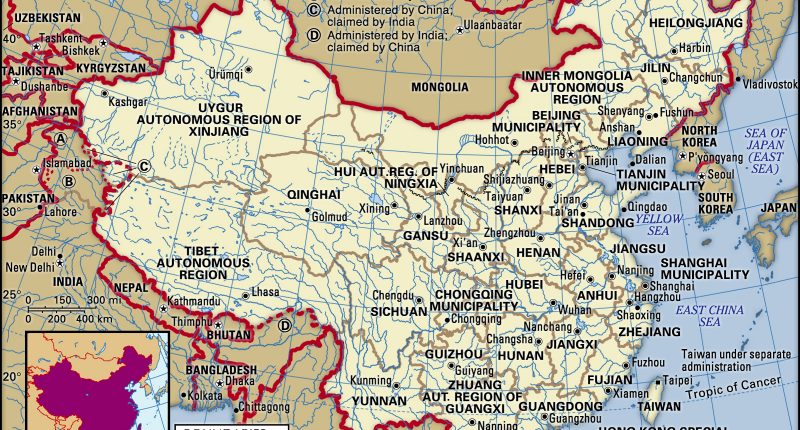

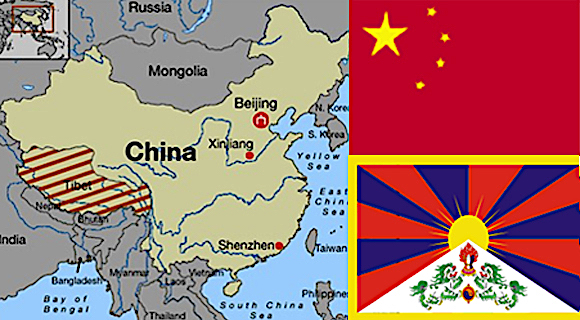









Comments are closed.